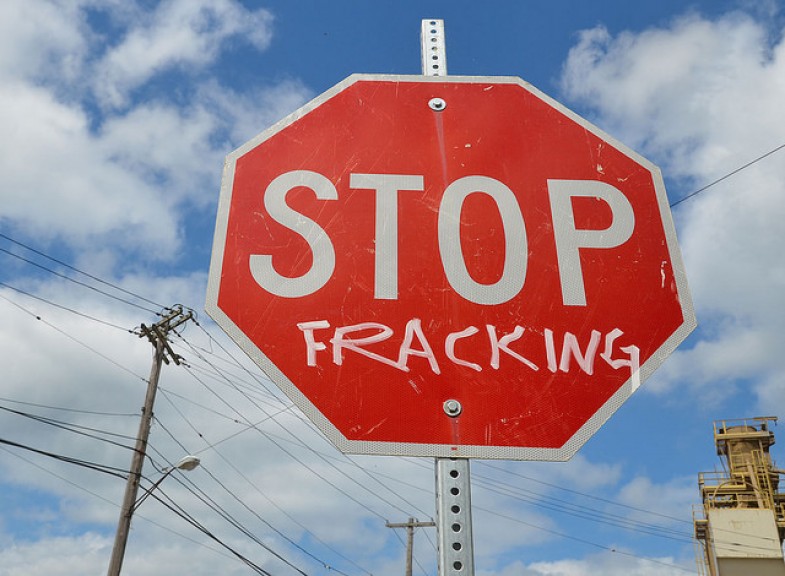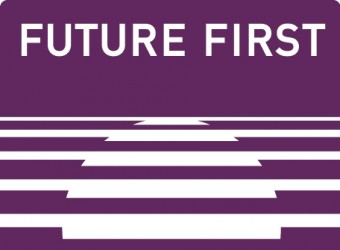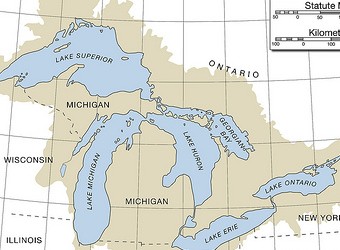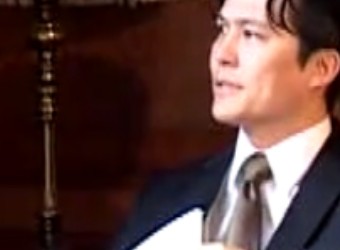The Protect Our Public Lands Act, which would ban fracking on all federal lands, was reintroduced recently by Congressmembers Mark Pocan and Jan Schakowsky, and 12 additional cosponsors.
Sadly, fracking has already seriously damaged our public lands. By the end of 2014, oil and gas companies held leases on more than 34 million acres of public land, and more than 200 million additional acres are currently being targeted for drilling. These lands were set aside by past generations for the protection and enjoyment of future generations. Yet the oil and gas industry has been allowed, and even encouraged, by our current crop of federal leaders to decimate this land.
When President Obama’s Bureau of Land Management originally proposed rules to regulate fracking on public lands, more than 650,000 public comments were delivered demanding an outright ban on the practice instead. Ironically, President Obama gave his Earth Day address from south Florida’s Everglades, a delicate wetlands habitat that is under threat from fracking on adjacent public lands. While Obama selected the Everglades to highlight the risk that climate change poses to the Everglades and the rest of our planet, his Earth Day message is wildly inconsistent with his support for fracking.
More and more Americans are demanding real action against fracking on the federal level. We are fortunate to have key members of Congress who are willing to heed this call. The rising national movement against fracking has been driven not just by emerging science, but also a groundswell of grassroots activism. In response, New York state enacted a statewide ban in December and the Maryland General Assembly recently passed a two-and-a-half-year moratorium on fracking. It is becoming more clear that merely regulating fracking still risks accidental spills, water contamination, methane leaks, earthquakes and habitat destruction. The only way to negate these risks is to ban fracking entirely.
The Protect Our Public Lands Act is a huge opportunity for Congress to get on the right side of history by protecting national resources and heritage, while also decreasing America’s contribution to climate change. It is time for real action to be taken to protect our country’s pristine lands and pass the Protect Our Public Lands Act. Banning fracking on public lands should be a no-brainer for Congress and the President.
Tell your members of Congress to support the Protect Our Public Lands Act.
Wenonah Hauter is Excecutive Director of Food & Water Watch, where she leads organizing, legislative and policy initiatives. She is the author of Foodopoly: The Battle Over the Future of Food and Farming In America, and is now working on Frackopoly: The Battle for the Future of Energy and the Environment, to be published next year.







